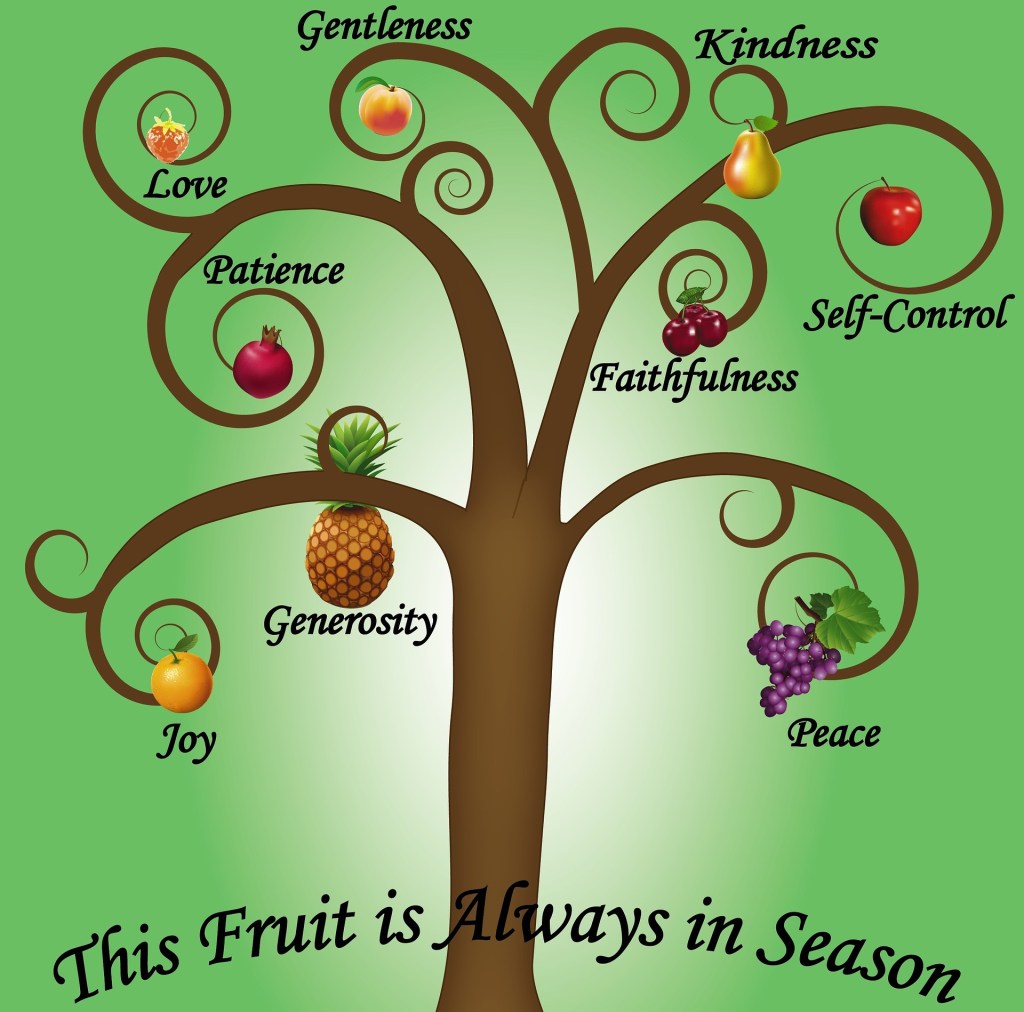Reading: Galatians 6:1-16
Verse 15: “Neither circumcision nor uncircumcision means anything; what counts is a new creation.”

Paul’s letter to the Galatians focused on being the community of faith. It was a “how to” letter about being the church. The natural way churches formed was sometimes a barrier to unity and acceptance. Paul’s initial audience in most places were Jews. It is natural to begin conversations about Jesus with folks who are religious in some way. They are more open to the conversation. We follow suit. For example, we’re a lot more likely to invite a new neighbor to church if they tell us they’re looking for a new church home. A lot more likely than when the new neighbor doesn’t fit our idea of someone who is “churchy.” For the Jews that became Christians, they had certain boxes that they thought needed checked. That’s the danger of starting a church with religious people.
The focus of today’s passage is circumcision/uncircumcision. That’s not really a thing anymore. But we have lots of things that we substitute today: white/nonwhite, upper class/lower class, educated/uneducated, conservative/liberal, neat and tidy/rough around the edges, Christian/nonbeliever, orthodox/unorthodox… The thing is, as it was with circumcision, these are all outward signs. God straightened us out on this argument way back in 1st Samuel 16, when Samuel anointed David. God said, “Man looks at outward appearance, but the Lord looks at the heart.”
Today we have identifiers that read “Christian.” We include things like: goes to church on Sunday, reads the Bible, prays before meals in public. In the initial look, these too are just outward signs. The bigger question – and the one that I believe concerns God – is this: Do these practices lead to inner transformation? Asked another way, does our worship on Sunday morning affect how we treat someone on the other side of one of those substitute pairings? Does our Bible study impact how we love someone who is different than us? Does our prayer life fundamentally change how we see and welcome the “other”? If not, we are not becoming “new creations.” That’s what counts, according to Paul. May we be transformed day by day, becoming more and more like Jesus each step of the journey.
Prayer: Lord, help me to see as you see. Help me to see the heart. Doing so, may I love as you love. Amen.










